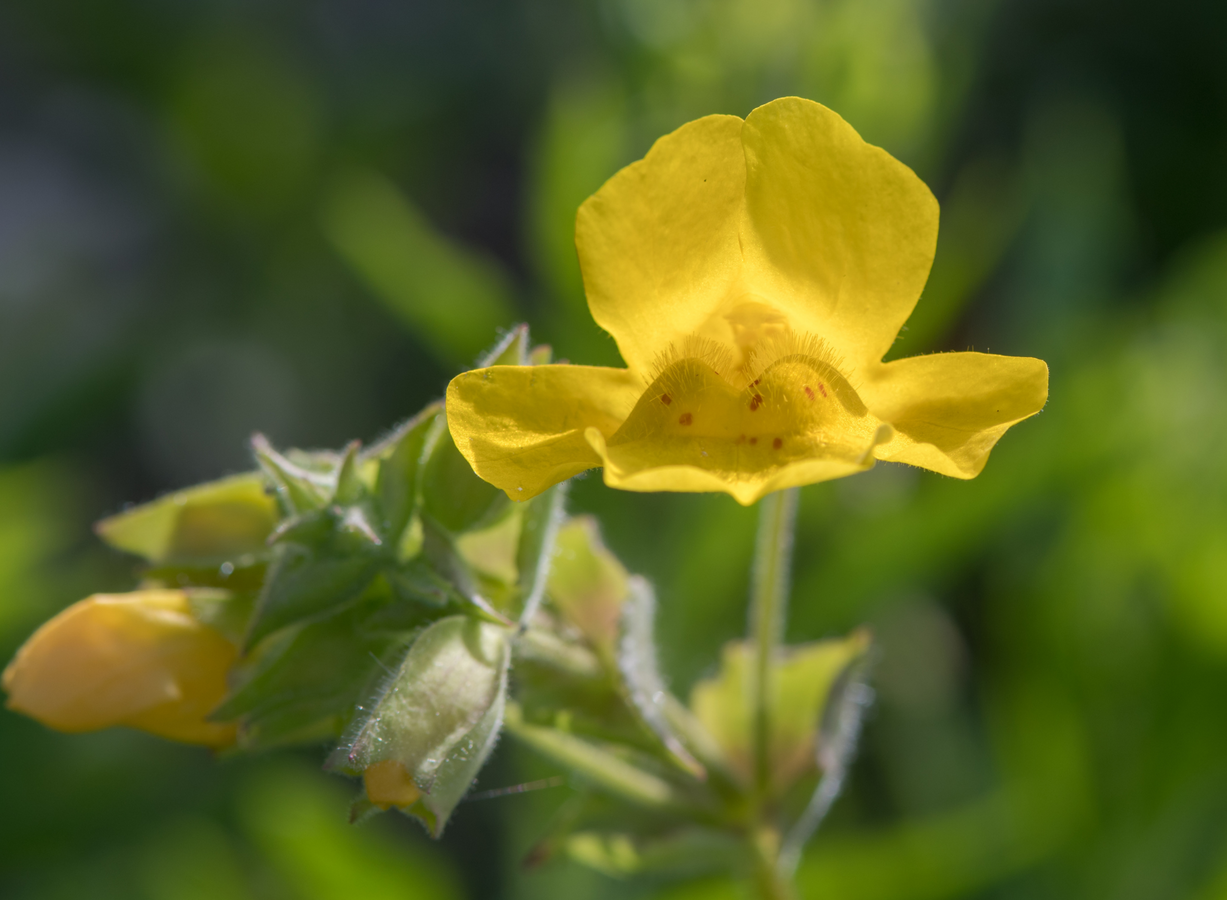Overview
Understanding how organisms evolve adaptations to diverse environments is crucial to biological research. Despite their importance, our understanding of the molecular, physiological, and developmental mechanisms that drive these adaptations remains limited. In this talk, I will present significant advancements made by my research group in elucidating these mechanisms in the yellow monkeyflower (Mimulus guttatus). Through this research, we have uncovered the mechanisms underlying plant adaptations to coastal versus inland habitats in California, including to seasonal drought, oceanic salt spray, and herbivory. We are currently focused on understanding how chromosomal inversion polymorphisms facilitate the adaptive transition from a perennial to an annual life-history strategy in this system. Overall, this research enhances our understanding of the mechanisms underlying local adaptation and the intricate relationship between environmental factors and evolutionary processes.

Bio
Lowry is a Professor in the Department of Plant Biology and the Associate Director of the Plant Resilience Institute at Michigan State University. His research focuses on understanding how plants evolve adaptations to different habitats, how these adaptations can be utilized to enhance the resilience of crops, and the role of adaptations in the formation of new species.
